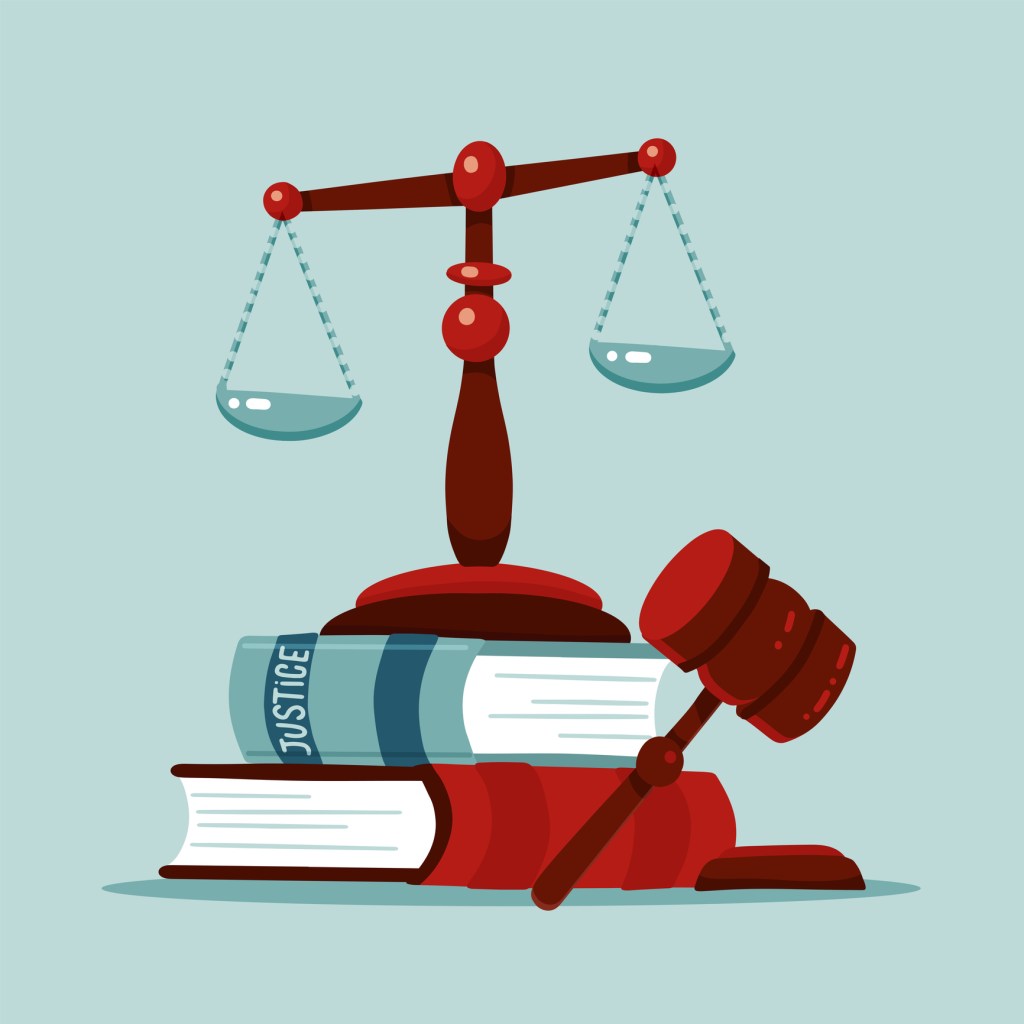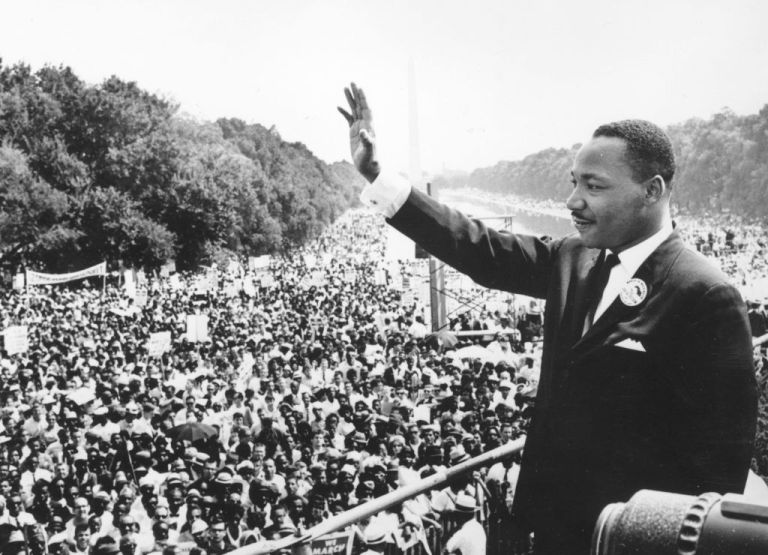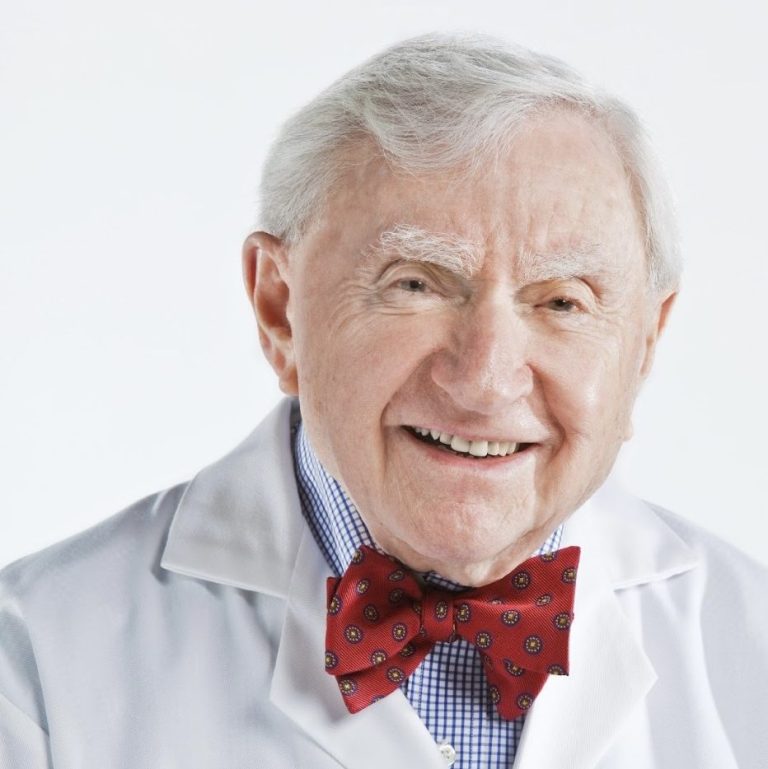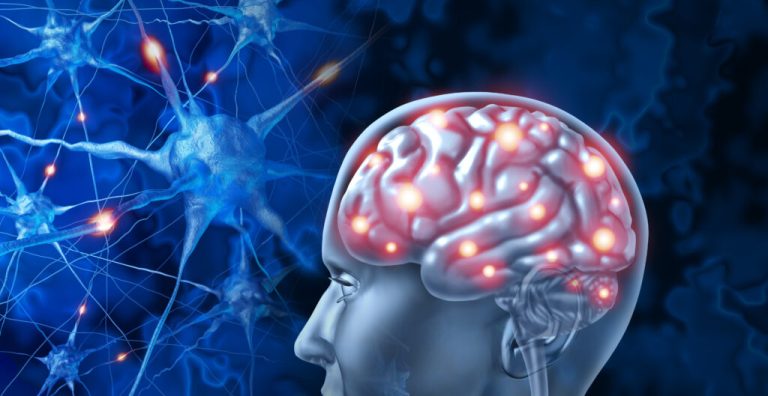Your husband forgot your birthday. A semitruck cut you off in rush hour traffic. Your dog went to go cuddle with someone else as soon as you started petting him. No matter what offense has been committed against you (and no matter how serious it is), it’s tempting to hold onto a grudge. It even feels good — at first.
Satisfying as it may be to silently shoot daggers at those who’ve wronged you, you may want to rethink that reaction (and cut your dog some slack — he doesn’t know what’s going on). We’re not basing this suggestion solely on instinct. Choosing forgiveness doesn’t just sound like the right thing to do, it actually invites a plethora of science-backed health benefits: selfish advantages, if you will.
To glean more insight on the power of letting go, we spoke to psychologist Everett Worthington, who co-authored the largest-ever study on forgiveness as a mental health intervention. “Intervention studies that aim to help people forgive have been linked to reductions in depression and anxiety symptoms and to increases in well-being, flourishing, hope, and sleep quality,” he explained.
Read on to dive further into the effects of forgiveness, hear more from our interview with Worthington, and get his free, downloadable forgiveness worksheets.
What Is Forgiveness?
You’ve heard the old adage “don’t confuse kindness with weakness” — and forgiveness should come with the same advice. True forgiveness doesn’t have anything to do with being weak: “It’s simply replacing ill will toward an offender with goodwill,” Tyler VanderWeele, director of Harvard’s Human Flourishing Program, told Harvard Health Publishing.
Worthington, who worked with VanderWeele and others to conduct the intervention-based forgiveness study, published in 2023, knows firsthand forgiveness and justice aren’t mutually exclusive. His mother was killed in 1996, leaving Worthington with anger toward both the suspected murderer and the police, whose investigation was inconclusive.

“Suddenly here I was, someone who had studied forgiveness, and now I had to really deal with something that was much more serious than I had ever experienced before,” he previously told The Washington Post.
Worthington eventually forgave the suspect, but struggled to do so with the police — an experience that illuminated the fact that forgiving doesn’t mean accepting injustice. “[Forgiving] helps the people who are doing the forgiving. It helps inside your own skin,” Andrew Serazin, president of the foundation that helped fund the research, explained to the outlet. “That doesn’t mean you can’t seek justice. It doesn’t mean people can’t go to trial. It doesn’t mean there are no consequences.”
In a similar vein, forgiveness doesn’t equate to reconciliation: Just because you decide to let go of your own negative feelings toward someone else doesn’t mean you need to allow them back into your life. And while the act of forgiving comes with a multitude of benefits (we’ll get to those in a second), some experts believe there are certain times when it may not be the right decision: if you’re in an unsafe situation, for instance, or you’re just not ready yet.
Benefits for the Body and Mind
But let’s say you are in a position to safely offer good will toward someone who has wronged you. Per the 2023 study, doing so may reduce depression and anxiety symptoms and increase well-being, which the authors measured in terms of factors like happiness and life satisfaction, meaning and purpose, and close social relationships.

“Generally, when people forgive a hurt or offense they have been struggling with, they experience less rumination,” Worthington told Nice News. “Rumination is the rehearsal of negative emotional events and their impact on the [person struggling]. Rumination has been linked to higher depressive and anxious symptoms, anger disorders, PTSD, obsessive-compulsive disorders, and some psychosomatic disorders. By reducing rumination, symptoms often go down.”
Along with these mental pros, letting go can also benefit our bodies. A 2021 study found that forgiving others — and yourself — may promote better sleep, while earlier research indicates that forgiveness could help lower blood pressure and assist with cardiovascular recovery from stress.
“We do know that when we’re in that state of unforgiveness, our blood pressure rises,” Craig Malkin, a psychology lecturer at Harvard Medical School, told Harvard Health Publishing. “Logically, if that doesn’t resolve, over time that affects our heart health in a very basic way. It can wreak havoc.”
While Worthington acknowledges that holding a grudge can create momentary feelings of empowerment, he recommends looking at all the evidence (some of which we mentioned here) to make an informed decision.

“I respect people’s right to hold grudges if they wish to do so,” he said, adding, “I do believe, though, that if they considered the scientific studies of grudge-holding (with substantial risks for higher problems in mental health, physical health, relationships, and even spiritual health) and if they also considered that often people with whom they are upset pay little attention to their victims’ grudge-holding, then they might (at least more often) conclude that holding a grudge is not worth the damage to themselves nor is it worth any benefits they derive from it.”
Learn to Forgive in 2 Hours or Less
Worthington offers an easy way to learn how to forgive: a series of workbooks he helped design. The quickest of the bunch is the REACH two-hour version, which promises to help you become a “more forgiving person in less than two hours” through lessons and exercises. REACH stands for the steps in the method: Recall the hurt, Empathize with your partner, Altruistic gift, Commit, and Hold onto forgiveness — learn what each step means here.
The three-hour version of the workbook was put to the test in the 2023 study, and nearly 4,600 people learned forgiveness skills via its exercises.
“Not only did post-workbook self-ratings change but the participants also learned interpersonal skills to deal with future hurts,” Worthington said. “In countries that often had interpersonal differences in plain sight, these are valuable skills, making (we believe) the world a better place. In addition, there is a world-wide mental health crisis, and this contributed to better overall mental health, easing a few worldwide (locally experienced) mental health struggles — again making the world a better place.”
Ready to reap the benefits of practicing forgiveness? Download the DIY workbooks for free.
RELATED: The 3 Types of Empathy and How to Increase Them in Your Relationships












